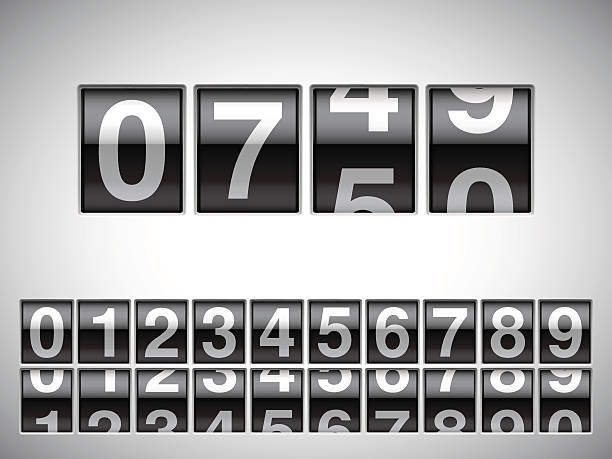How A Timer Helps You Practice Better Boundaries

If you're anything like me, then you're having difficulty keeping up with the
pace of life as it passes by in front of you. After scrolling through your
smartphone for 20 minutes then you get up and get started without breakfast.
Then, before you know it, the time is 11:00 am and you've worked on your project
for a long time.
How did we get to this level? It's not uncommon for you to take just a minute
longer to complete an assignment before you even realise it. The most effective
solution I've found to help you when it seems like you're slipping behind is
very simple: use an alarm clock.
This little but powerful productivity tool has enabled me to set more limits,
to learn better time management, and makes me less anxious about the clock
ticking.
A Timer is so helpful
I'm officially one of those people who utilizes an countdown timer. If I have to get something done
but know that I really love sitting in my sofa I set a timer to remind myself to
get up within 20 minutes. If I only have 30 minutes to finish an admin block, I
create the timer to help me complete as much as possible.
A timer can help you manage your time. It's empowering to feel that I'm
tracking my the clock so that I don't linger around mindlessly all day long. As
we frequently say at Productive Flourishing, when you break down your tasks into
chunks, it's much more manageable to get things accomplished.
This turns out to be the same with regard to time. It can appear more
spacious and less overwhelming if you break it into smaller time blocks.
There are days where my executive functioning is not even a little bit good.
This is because I have too many thoughts, many things to do, and so many needs
that I must manage before I am able to get going.
If even the simplest decisions feel complicated, what should one do? The time
machine cannot perform the in-and-out breathing for you, but it could make your
day less overwhelming. You may not be able to control what will happen in the
coming 24 hours, but you are able to determine what you'll do for the next 20
minutes. Also, for the next 20 minutes following that.
Take a deep breath in and out, place some faith in the timerand trust in
yourself. Everyone has difficult days when we're not functioning properly. There
are times where it's just too hard and you don't know what to do to escape
it.
In these moments, when my brain that kicks into gear when stuff needs to be
completed is exhausted to go to work, I'm always able to count on the timer.
It's outside of my control, and will continue to tick regardless. It's the tough
days that I tend to use the timer the most.
This is a reference to an episode from Unbreakable Kimmy Schmidt. Kimmy stated that you could keep anything in place for 10 seconds, and after that you can restart with a new 10. This principle is what I use to stay focused and to be more efficient. You can often do something for a short time then continue doing it for at least 15 minutes until you have completed the entire time working on it.
Comments
Post a Comment